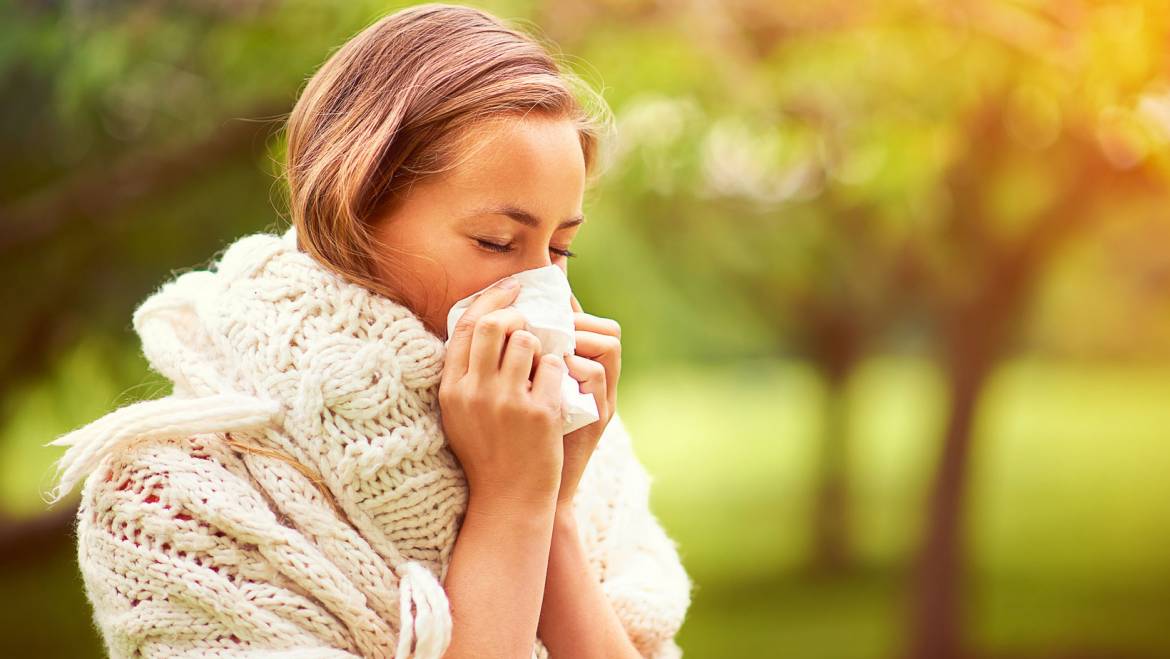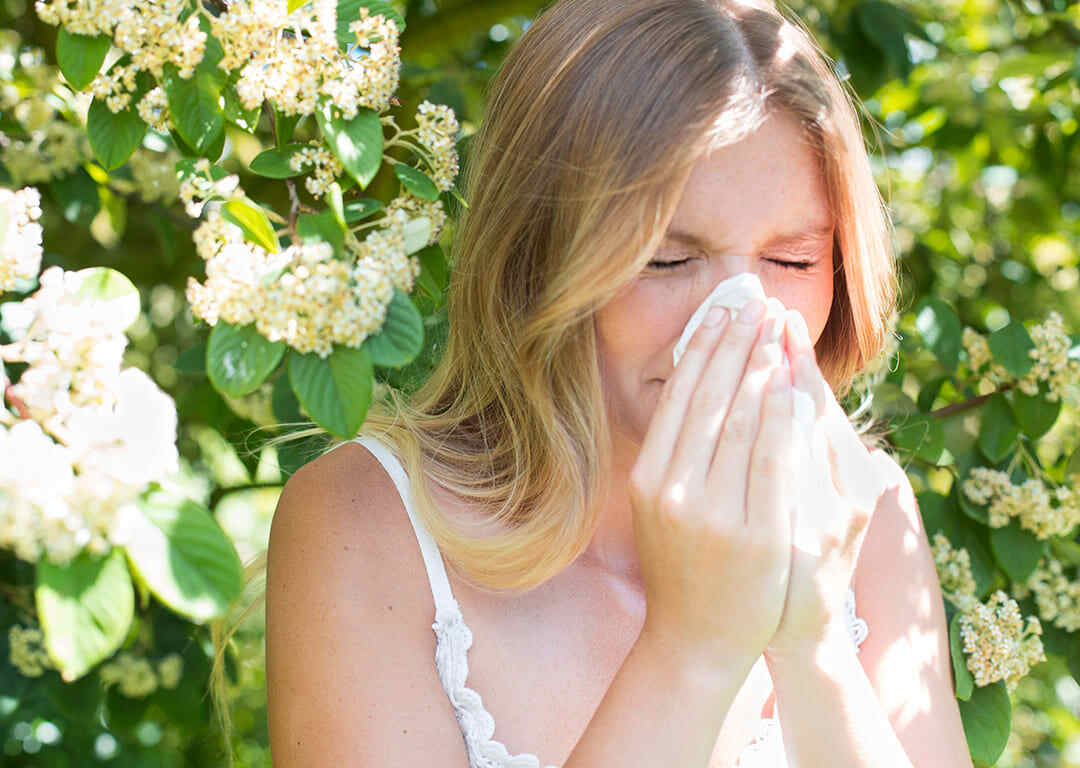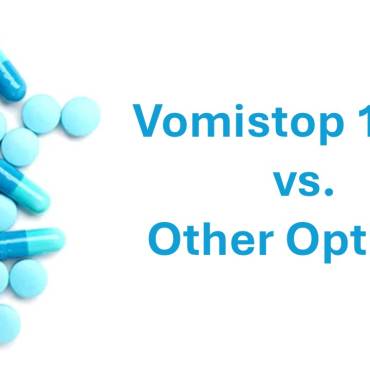When you think you are done with spring allergies, summer allergies arrive to cause more discomfort. Summer allergies occur in June and end in September, with symptoms peaking in June and July. Read on to learn what causes and how to eliminate your summer allergies with the best allergy medicine.
What causes summer allergies?
During summer, more people head outdoors to garden, entertain in the backyard, and enjoy cycling, camping, and hiking. Common allergens, such as mold and ragweed pollen, are also active at this time of the year.
-
Tree pollen
Tree pollen thrives during warm days and cold nights. Depending on your geographical location and the number and types of trees nearby, tree pollen is high during summer days.
-
Grass pollen
Grasses that are present almost everywhere are the most common cause of triggering summer allergies. A grass allergy is when an individual experiences allergic rhinitis (hay fever) or asthma symptoms. Allergic rhinitis triggered by grass allergy can cause itchy eyes, throat irritation, a runny nose, and sneezing.
-
Mould
Outdoor moulds are also considered one of the contributing factors for summer allergies. However, they are certainly a year-round allergen but are strongest during the summer for various reasons, including humidity and condensation-created moisture. Certain mould spores are more likely to spread in windy weather, while others are more likely to develop in high humidity, such as fog.
-
Mugwort
This perennial plant produces large amounts of wind-borne pollen, which is severely allergenic. During summer, mugwort pollen is one of the main causes of allergic reactions.
-
Ragweed
Ragweed is another culprit for summer allergies. The plant is common in most parts of the United States and can produce as many as one billion tiny pollen grains that spread easily.
-
Nettle
This plant has nettle hairs on its flowers and leaves that can give rise to an allergic reaction when people come in contact with the plant or mistakenly inhale the pollen.
Summer vegetables and fruits
Some people are allergic to pollens and certain foods with similar proteins as those present in allergens (weeds and grasses) that trigger allergies. Develop the short-term sensation of tingling lips. Swelling of the mouth or an itchy throat, whenever you eat a summer fruit or raw vegetable may develop a pollen food allergy syndrome (also called oral allergy syndrome). If the symptoms are progressive or you experience food allergies that extend your mouth, speak to your doctor to determine the possibility of a more serious food allergy. Your doctor may recommend a food allergy medication that helps to ease your symptoms.
About Pollen Food Allergy Syndrome
In people with food allergy syndrome, their immune system identifies cross-reacting allergens present in pollen and raw fruits, tree nuts, and vegetables. In such cases, the body responds with a mild allergic response, usually an itchy mouth, throat irritation, and swelling of the mouth, lips, tongue, and throat. Some people also experience itchy ears and hives in the mouth.
People dealing with allergies to grass pollen may react to melons, peaches, oranges, tomatoes, and celery. People with allergies to ragweed pollen may react to cucumbers, melons, bananas, Zucchini, and sunflower seeds. Not everyone with pollen allergies reacts to raw vegetables and fruits.
Many people with Pollen food allergy syndrome develop short-term symptoms and do not require treatment. But those with reactions to raw vegetables and fruits with symptoms not only limited to mouth area are at high risk of anaphylaxis. Speak to your doctor if you have queries about pollen food allergy syndrome and medication for food allergy. Anti-allergic drugs help eliminate allergy symptoms and allow you to enjoy your food without fear. Food allergy is common in children; if a child shows food allergy symptoms, talk to a pediatrician about the best allergy medication for kids.
Common symptoms of summer allergy symptoms
Common symptoms of allergy triggered by pollens and other allergens can cause cold-like symptoms. The symptoms include watery, itchy eyes, nasal congestion, sneezing, and runny nose. An allergic reaction does not always cause fever, while a cold can be mild, especially in children. An allergic reaction usually lasts as long as an individual is exposed to the allergen, while a cold persists for one to two weeks. Some people experience symptoms during one season, while others react to allergens throughout the year. Additionally, symptoms will vary depending on which allergens to your geographic area. Plants produce pollens depending on weather conditions such as temperature and rainfall.
Management of summer allergies
The good news is you can take preventive measures to improve allergic symptoms. These tips can help you manage summer allergies:
- Limit contact with outdoor allergens
- Make sure you wear a mask and full-sleeved clothing.
- Be sure to take a shower after finishing an outdoor activity.
- Take an antihistamine. Your doctor may suggest the best eye drops for allergies like bacterial conjunctivitis. Fexofenadine and loratadine help relieve allergy symptoms in the eye. Levocetirizine is an effective anti-allergy medicine for the skin used to ease symptoms such as itching, burning, redness, rash, bumps, hives, and swelling.
- Speak to your healthcare specialist about treatment options.
Relieve summer allergy with allergic medicines!
If you cannot avoid pollen allergy, over-the-counter, anti-allergy medication may help you eliminate the symptoms. Well, the best allergy medicines are antihistamines. Check out the best anti-allergy medication that stops the body from producing histamine, which triggers allergy symptoms.
Allergies may be frustrating, but with adequate knowledge, preparation, and the use of the best allergy medicine, they don’t just spoil your warm-weather activities.
Also Read: How to Get Rid Of Seasonal Allergies?
admin
Latest posts by admin (see all)
- What is Triluma Cream? Uses, Benefits, and How It Works for Skin - December 26, 2024
- What Causes Dark Spots? Understanding the Science of Hyperpigmentation and How Skin Lightening Products Help - December 26, 2024
- Tretinoin Gel vs. Cream: Which Formulation is Right for Your Skin? - December 20, 2024




